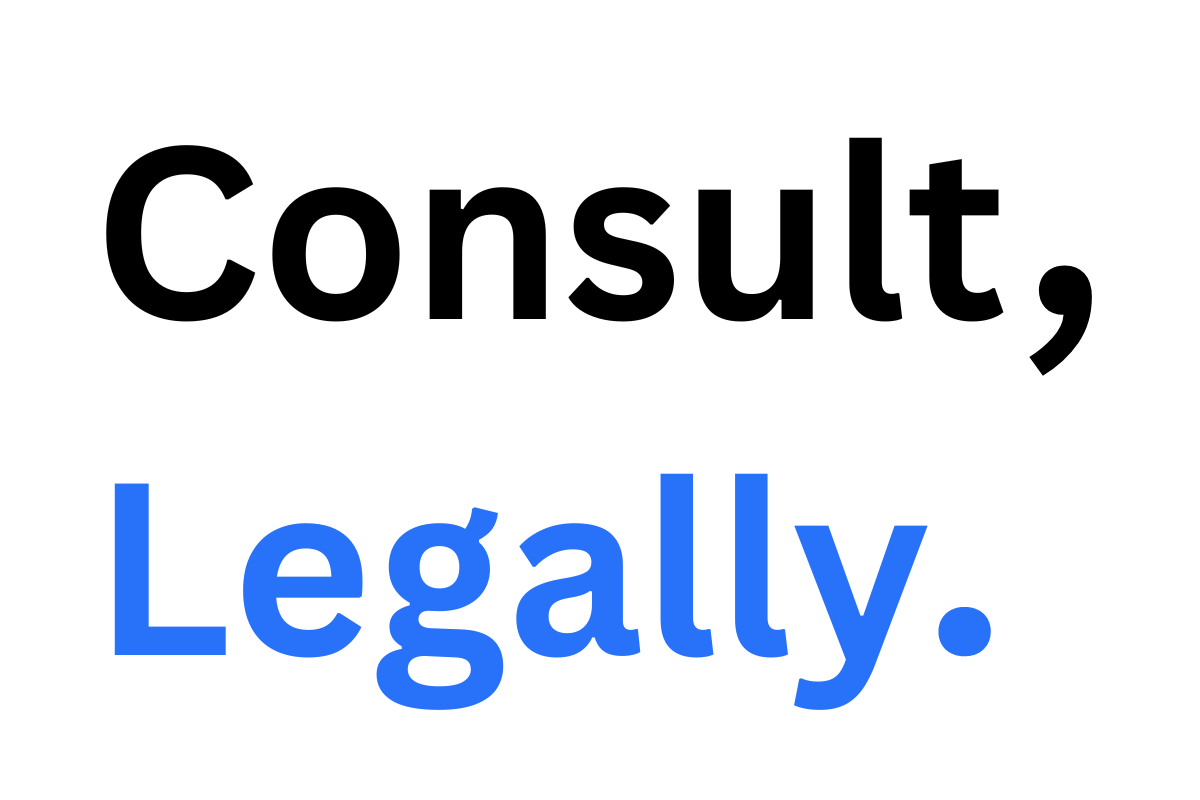Citation: 254 Cal.App.2d 647, 62 Cal. Rptr. 225 (Cal. Ct. App. 1967)
Kossian v American National Insurance Co. is a seminal case in California law that explores the doctrine of unjust enrichment and its application in scenarios where no direct contractual relationship exists. The case underscores the principles of equity in situations where one party benefits from the labor and materials provided by another while simultaneously receiving monetary compensation meant for that work. This case is a pivotal example of how courts balance equitable doctrines against rigid contractual frameworks to ensure justice and prevent unjust enrichment.
Facts of Kossian v American National Insurance Co
- Parties Involved:
- Plaintiff: Kossian, a contractor hired to clean up and remove debris from a fire-damaged property.
- Defendant: American National Insurance Co., the holder of a deed of trust on the property and the recipient of insurance proceeds.
- Background: Reichert, the owner of the Bakersfield Inn, suffered a fire that partially destroyed the property. Reichert held four fire insurance policies on the property, each including provisions for debris removal and clean-up costs. After the fire, Reichert contracted with Kossian to handle debris removal for an agreed amount of $18,900. Kossian completed the work as per the agreement.
- Bankruptcy and Insurance Policies: Reichert declared bankruptcy before compensating Kossian for the work performed. The bankruptcy trustee abandoned the property and the four fire insurance policies, leaving them to Reichert’s disposal. Reichert assigned the insurance policies to American National Insurance Co., which held a deed of trust on the property. The defendant submitted claims under the insurance policies and received $135,620, which included compensation for debris removal and clean-up costs.
- Plaintiff’s Claim: Kossian received no payment for his labor and materials despite completing the contracted work. He filed a lawsuit against the defendant, alleging unjust enrichment, arguing that the defendant had benefited from both the work performed and the insurance proceeds intended to cover that work.
- Trial Court Decision: The trial court granted summary judgment in favor of the defendant, ruling against Kossian. Kossian appealed the decision, leading to the appellate court’s review.
Legal Issues
The key issue in Kossian v American National Insurance Co was:
Does the equitable doctrine of unjust enrichment require reimbursement to a party that expended labor and materials when another party receives the costs of that labor and materials through insurance proceeds, even in the absence of a direct contractual relationship?
Kossian v American National Insurance Co Judgment
The appellate court in Kossian v American National Insurance Co reversed the lower court’s decision, holding that the doctrine of unjust enrichment applies. The court determined that Kossian was entitled to reimbursement from the insurance proceeds received by the defendant for the debris removal work.
Court’s Reasoning
- Unjust Enrichment Doctrine: The court emphasized the principle that equity prevents one party from being unjustly enriched at the expense of another. Here, the defendant received dual benefits: (1) the actual labor and materials provided by Kossian, and (2) monetary reimbursement for that work through insurance proceeds. Allowing the defendant to retain both the labor and the monetary value of the work would be inequitable.
- No Requirement for Privity or Inducement: The court noted that unjust enrichment claims do not require a direct contractual relationship (privity) or inducement. Although the defendant did not contract with Kossian or induce him to perform the work, equity requires the defendant to compensate Kossian for the benefit conferred.
- Double Recovery Is Inequitable: The court in Kossian versus American National Insurance Co rejected the defendant’s argument that it acted without fraud or deceit and thus was entitled to retain both the work and the insurance proceeds. The essence of the claim was not about the insurance proceeds themselves but about the inequity of the defendant retaining both benefits.
- Allocation of Insurance Proceeds: The court acknowledged that the insurance settlement included compensation for multiple damages caused by the fire, not just debris removal. It directed the trial court to determine the portion of the proceeds allocated for debris removal and reimburse Kossian accordingly.
- Equitable Obligation: The court held that even without a contractual obligation, the defendant had an equitable obligation to ensure Kossian was compensated for his work.
Legal Principles and Precedent
- Restatement of Restitution: The court in Kossian vs American National Insurance Co referenced the Restatement of Restitution, which provides guiding principles for equitable recovery: “A person who is unjustly enriched at the expense of another is subject to liability in restitution.” The determination of what constitutes “unjust” enrichment is left to judicial interpretation, relying on equity and fairness.
- Judicial Discretion: Unjust enrichment claims are often decided based on the court’s sense of justice rather than strict legal rules. The court’s decision reflected a balance between formal contract principles and equitable considerations.
Conclusion
The appellate court’s decision in Kossian v American National Insurance Co. reflects a commitment to equity and fairness in resolving disputes involving indirect benefits and unjust enrichment. By holding the defendant liable for reimbursing Kossian, the court prevented the defendant from profiting at Kossian’s expense while ensuring that the insurance proceeds were used appropriately. This case underscores the importance of equitable principles in modern jurisprudence and serves as a valuable precedent for future cases involving similar claims.

